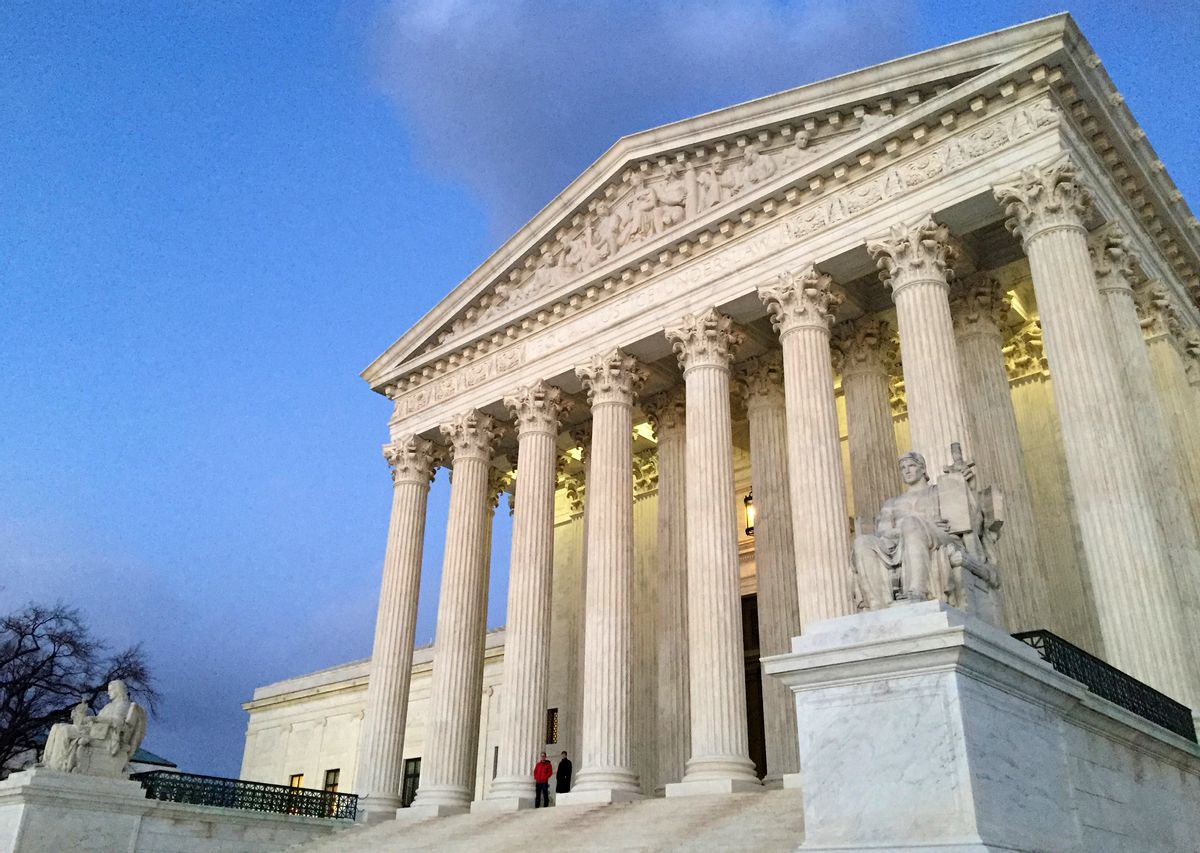More than 150 years after Abraham Lincoln, the first Republican President, declared that "a house divided against itself cannot stand," the party that he helped to found is hopelessly divided against itself, at least when it comes to appointing a replacement for Supreme Court Justice Antonin Scalia.
The issue came to a head last week when Sen. John McCain (R-Arizona) informed a Philadelphia radio station that he and other Senate Republicans would block any Supreme Court nominee that a Hillary Clinton might choose.
“I promise you that we will be united against any Supreme Court nominee that Hillary Clinton, if she were president, would put up,” McCain told 1210 WPHT radio in Philadelphia. “I promise you. This is where we need the majority and Pat Toomey is probably as articulate and effective on the floor of the Senate as anyone I have encountered.”
On Wednesday, Sen. Ted Cruz (R-Texas) backed up McCain's position. "There will be plenty of time for debate on that issue; there is long historical precedent for a Supreme Court with fewer justices,” he told reporters. “Just recently Justice [Stephen] Breyer observed that the vacancy is not impacting the ability of the court to do its job; that’s a debate that we are going to have.”
This view is not shared by all Senate Republicans. When asked about it by Politico on Thursday, Sen. Jeff Flake (R-Arizona) replied, “You won’t be surprised, I do not agree. There’s a difference between what might be constitutional and what you could do politically and what you should do. And I think leaving a vacancy for up to four years is not why we’re here. It may be what becomes a litmus test if you’re a true conservative . . . Just to go on record, I won’t be part of that.”
Flake also added that he did not "detect any" interest from Sen. Mitch McConnell (R-Kentucky), the Senate majority leader, to go along with an indefinite obstruction of Supreme Court nominees. In March, McConnell pledged to support the nominee of whichever candidate wins this upcoming presidential election.
“I believe the overwhelming view of the Republican Conference in the Senate is that this nomination should not be filled, this vacancy should not be filled by this lame duck president . . . The American people are perfectly capable of having their say on this issue, so let’s give them a voice. Let’s let the American people decide. The Senate will appropriately revisit the matter when it considers the qualifications of the nominee the next president nominates, whoever that might be.”
One can only hope that, in an election filled with broken promises, this is one occasion in which McConnell will keep his word, as well as force his more hyper-partisan colleagues to do likewise.



Shares